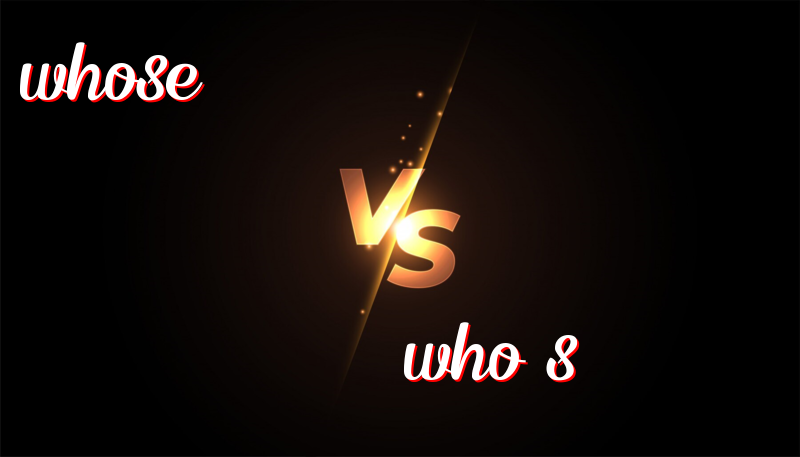Clarifying the Distinction Between Whose and Who’s: Usage, History, and Tips
Difference Between “Whose” and “Who’s”
The words “whose” and “who’s” may sound the same, but they mean different things and are used in different ways. Let’s learn more about them!
History
“Whose” and “who’s” both come from the word “who.” “Whose” is old and has been a part of the English language for a long time. “Who’s” is a newer way to shorten “who is” or “who has.”
How to Use “Whose”
“Whose” shows belonging. We use it to ask or talk about who owns something.
Examples:
- Whose book is this?
- I met a girl whose dog is very cute.
- Whose bag is on the floor?
- He is the boy whose father is a teacher.
- Whose shoes are these?
How to Use “Who’s”
“Who’s” means “who is” or “who has.” It’s a short form of these phrases.
Examples:
- Who’s at the door?
- She’s the one who’s coming with us.
- Do you know who’s on the phone?
- Who’s ready to play?
- I wonder who’s seen the movie.
Trick to Remember the Difference
When you see “who’s,” think if you can say “who is” or “who has.” If yes, then “who’s” is right. If you talk about belonging, like who owns something, use “whose.”
Summary
Remember, use “whose” when talking about ownership or belonging. Use “who’s” as a short form for “who is” or “who has.” With practice, you’ll get the hang of it!

Leave a Reply
You must be logged in to post a comment.